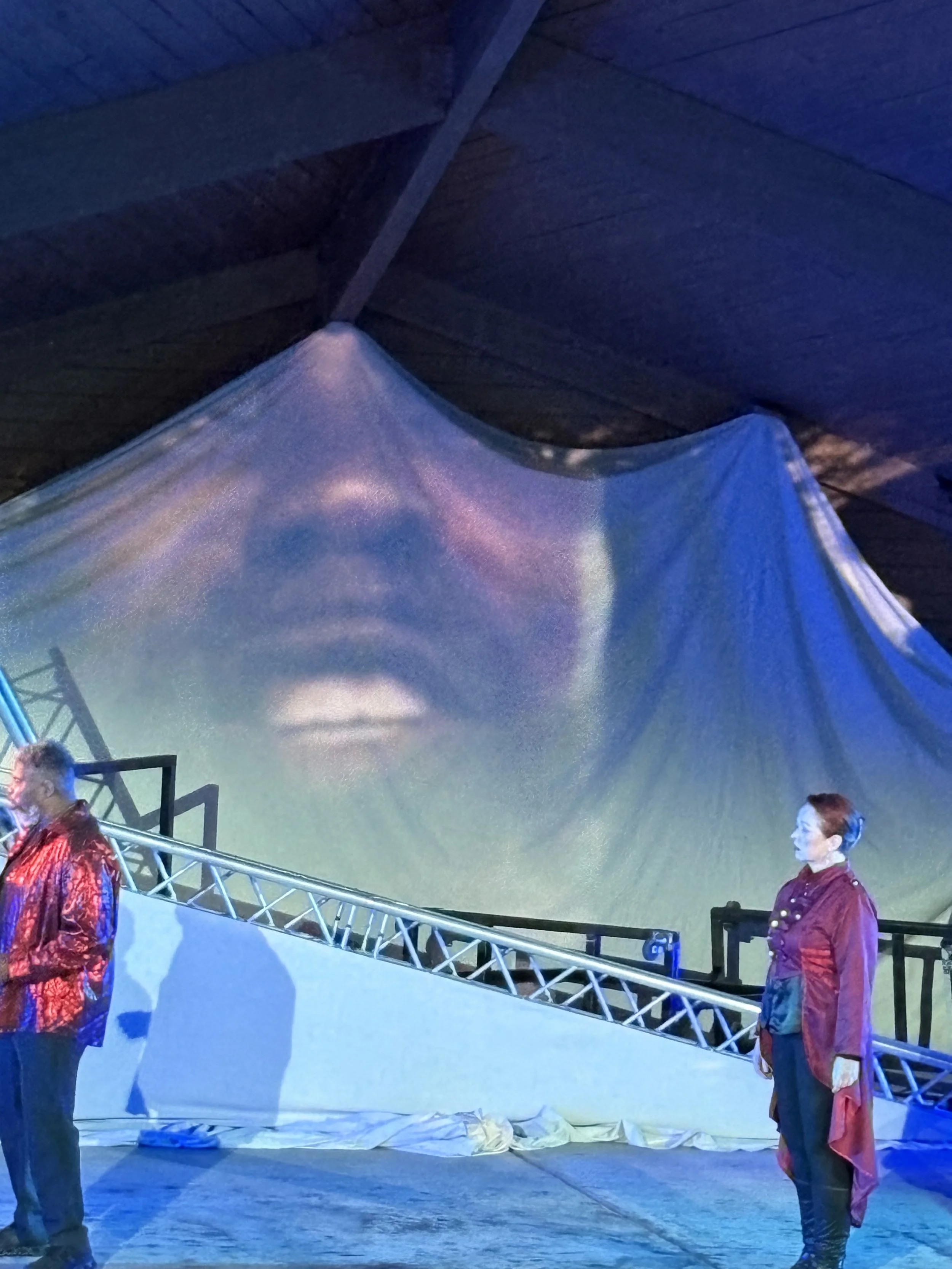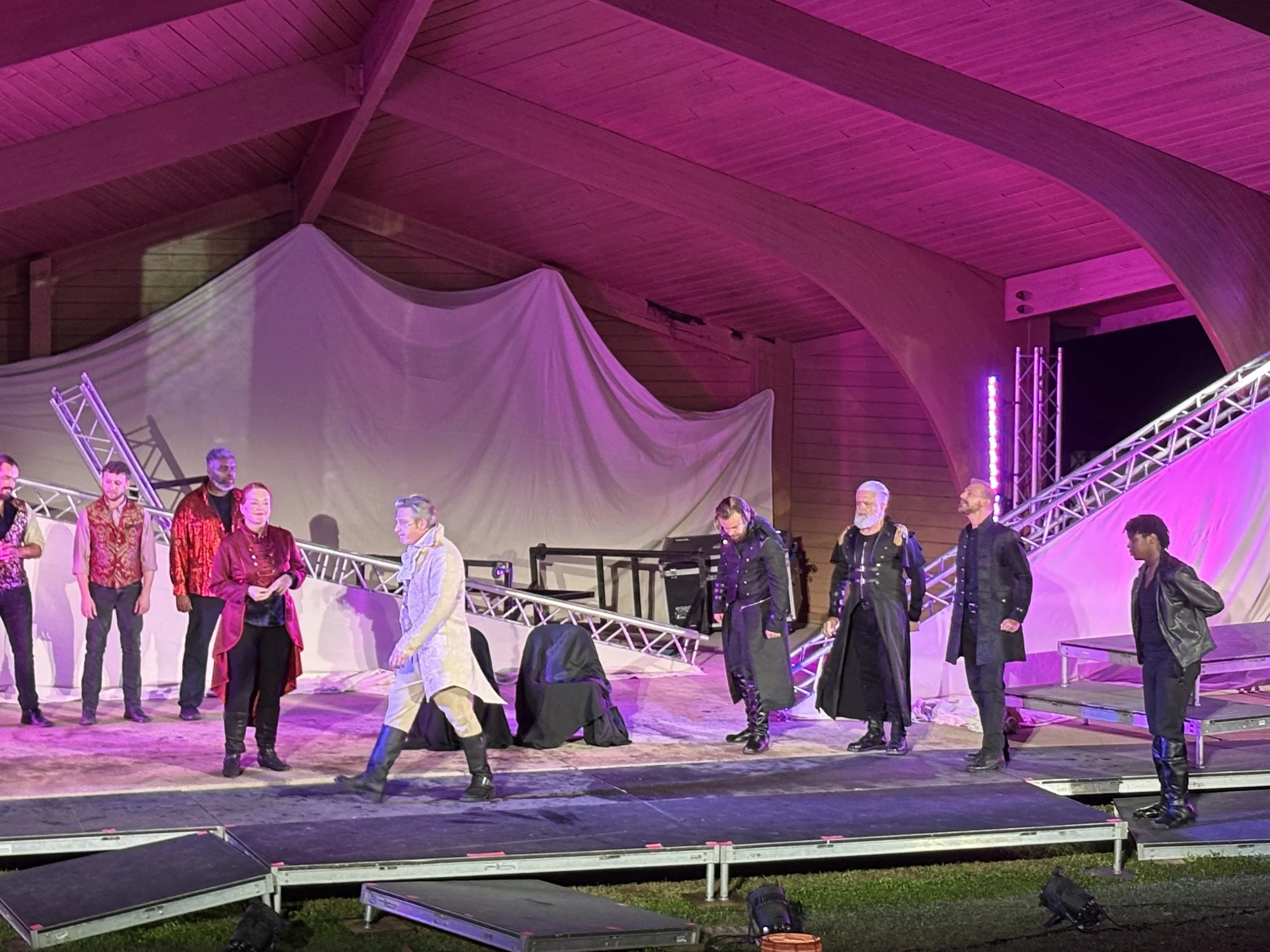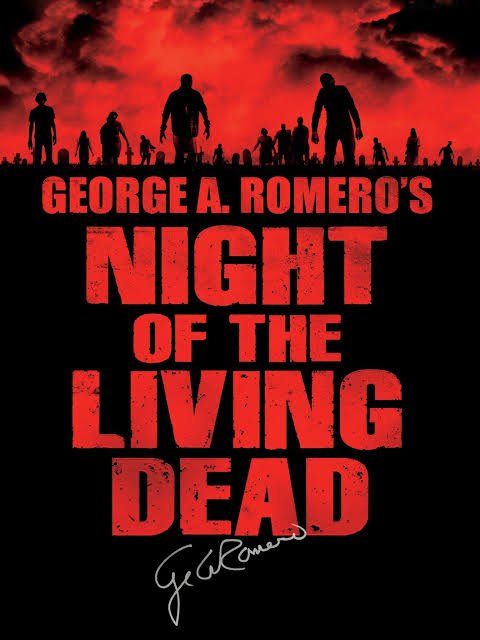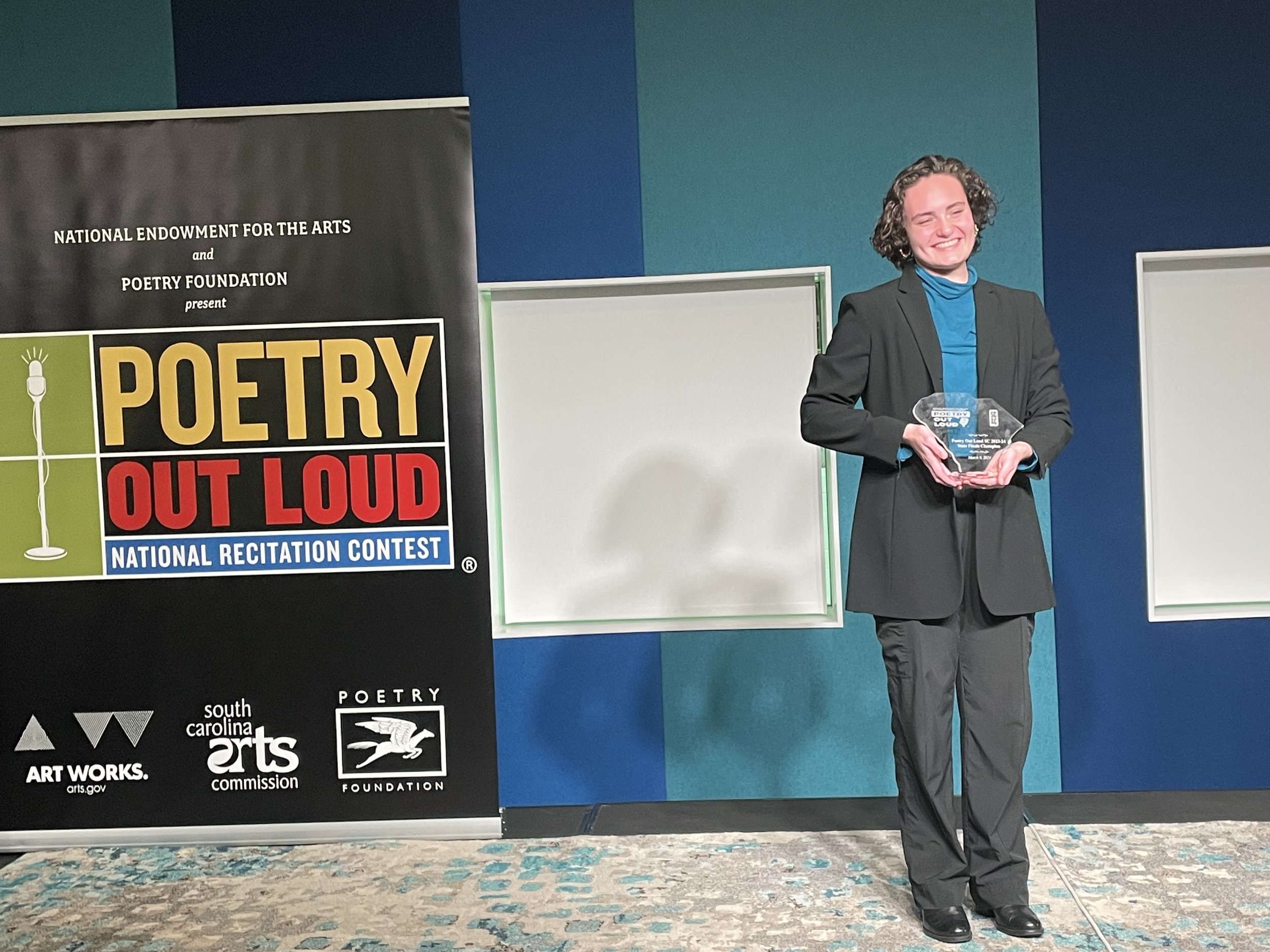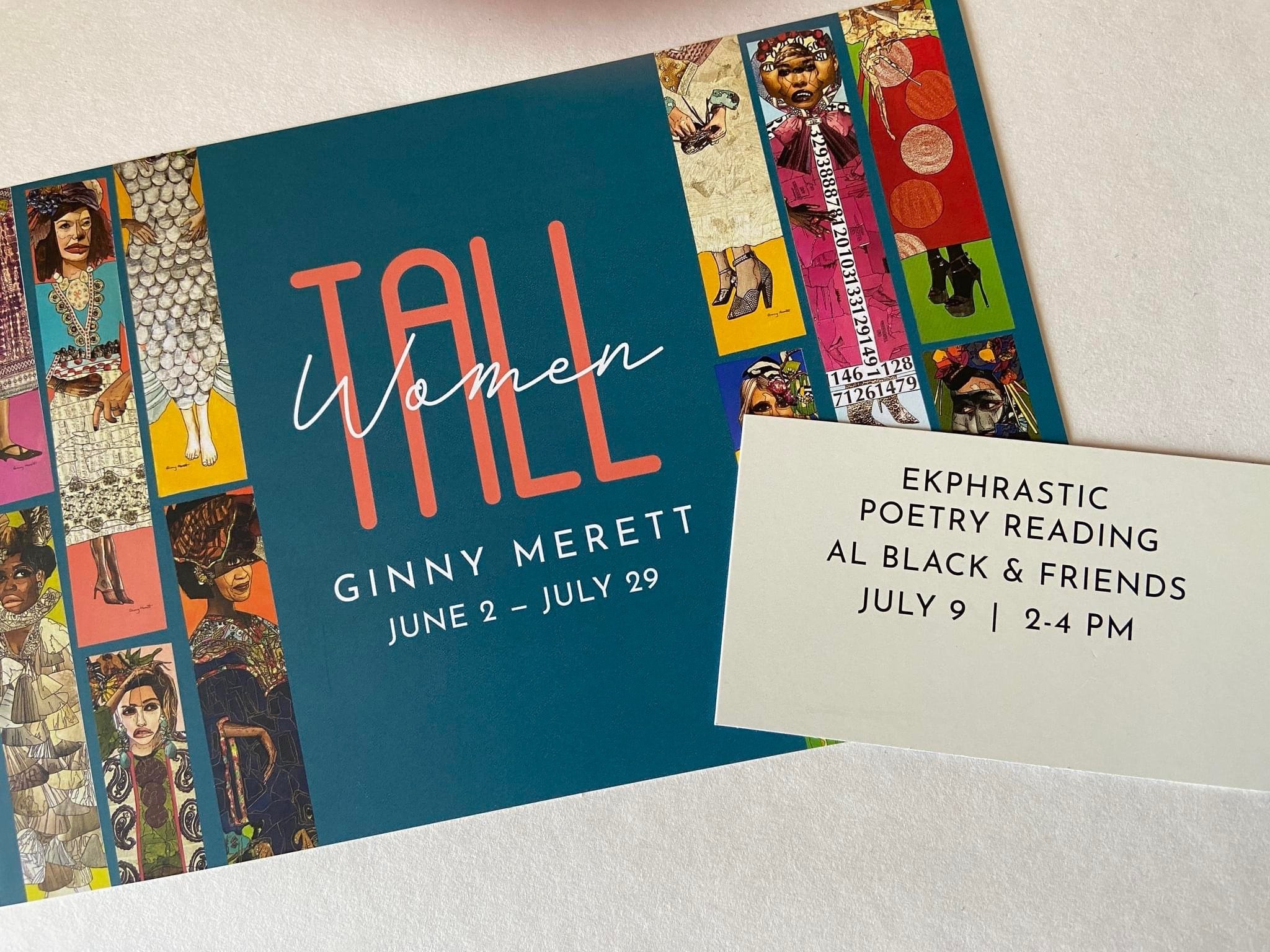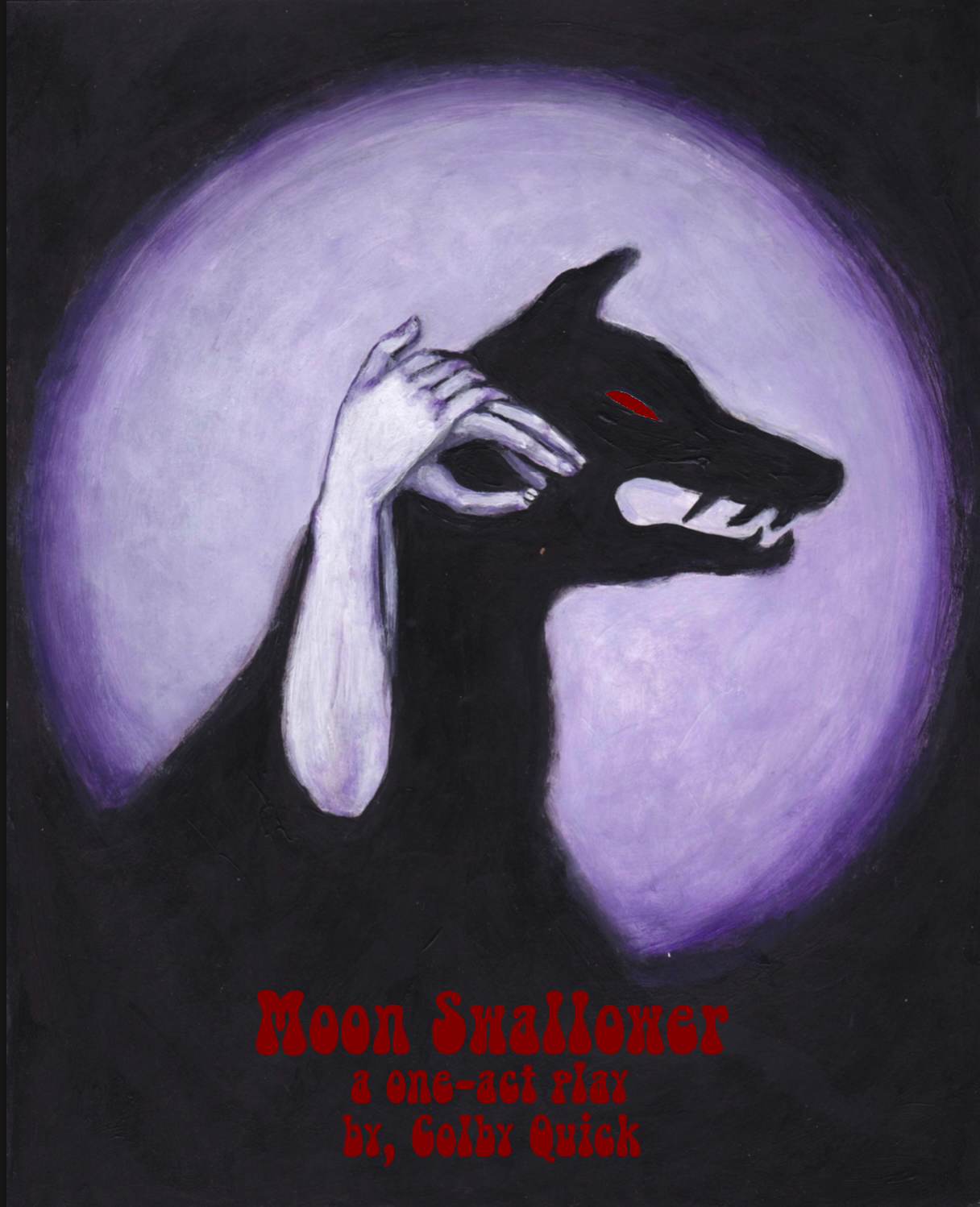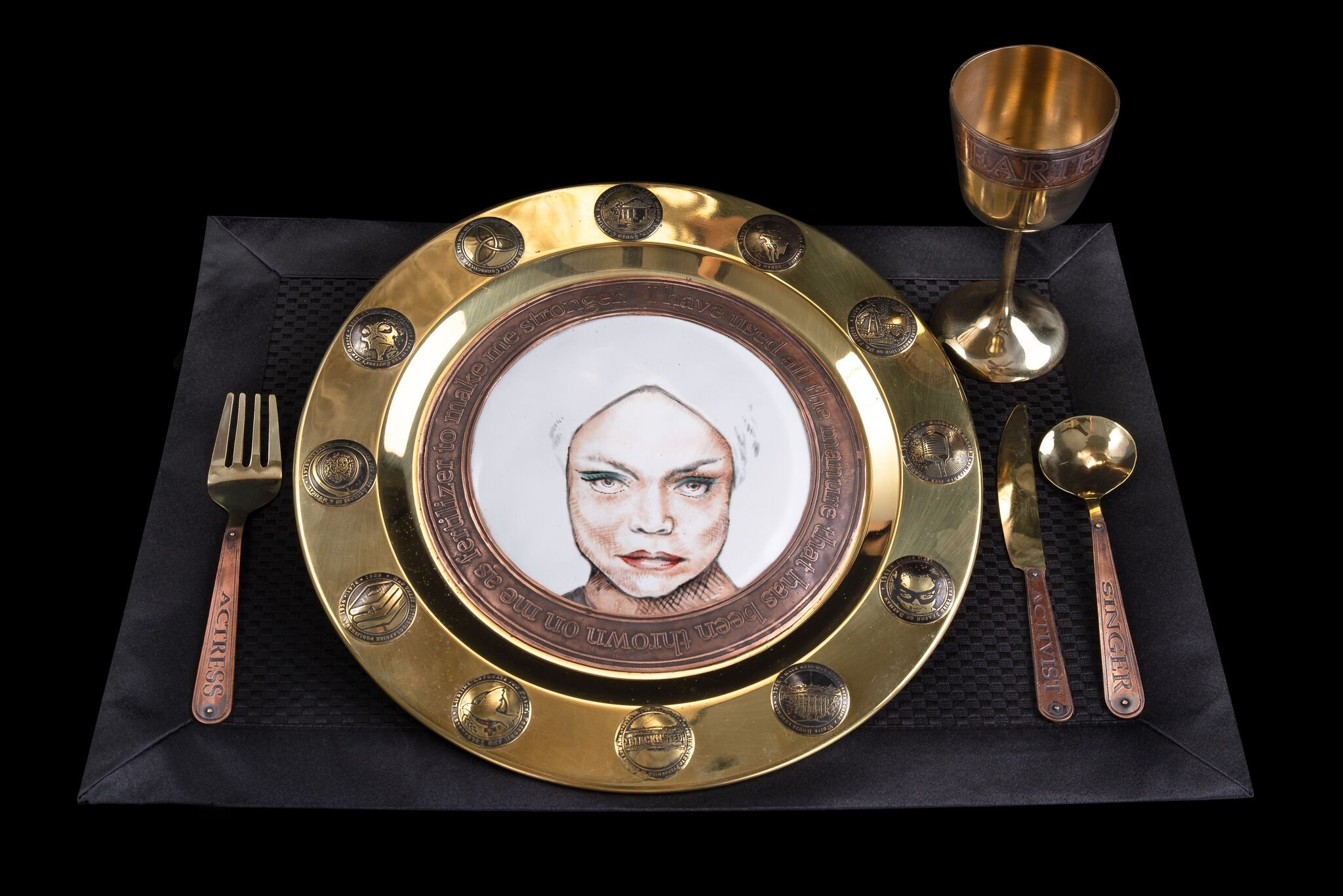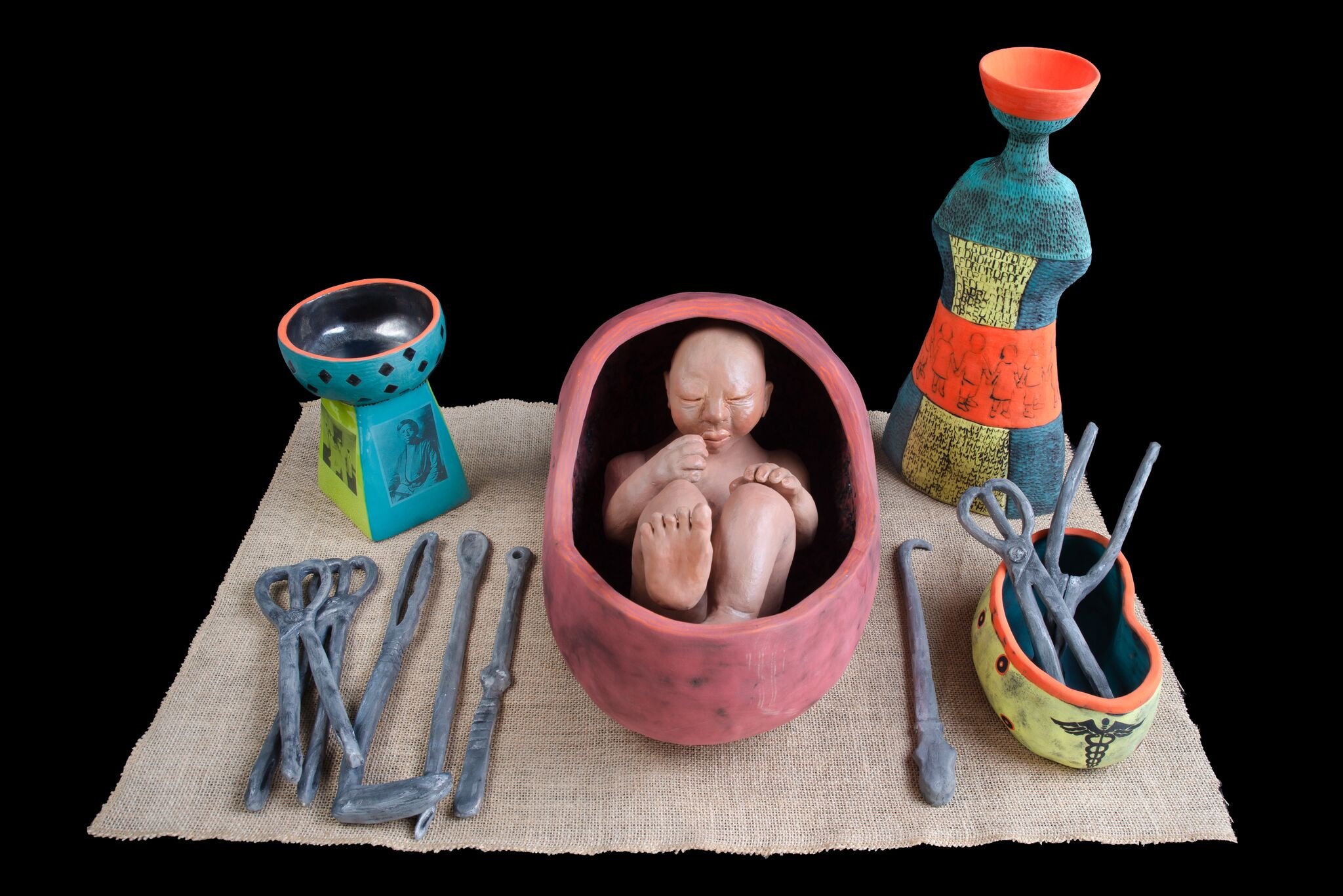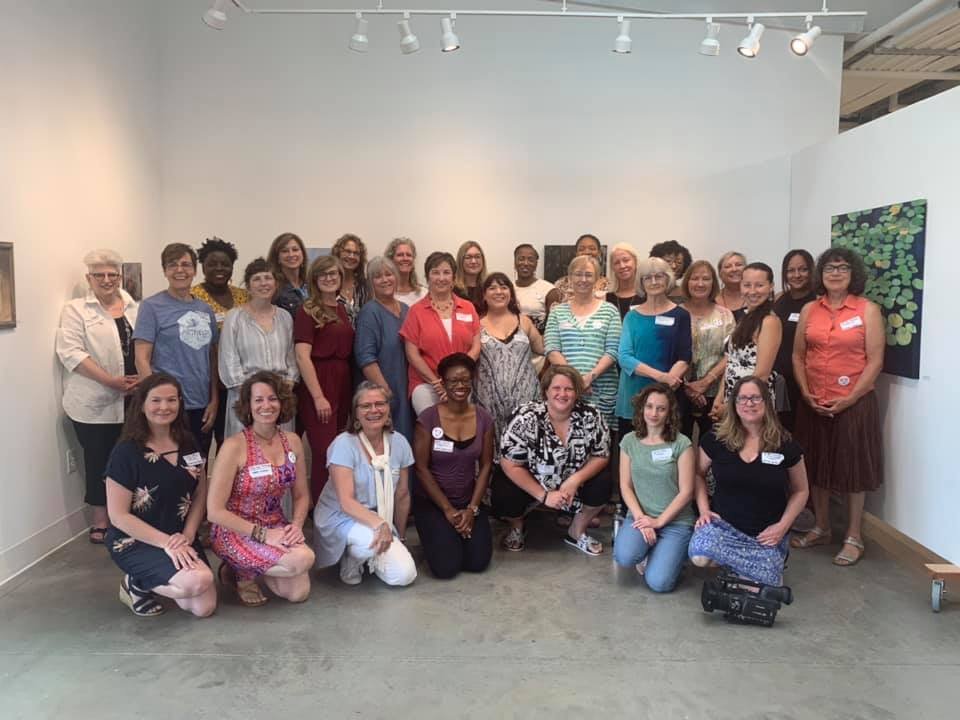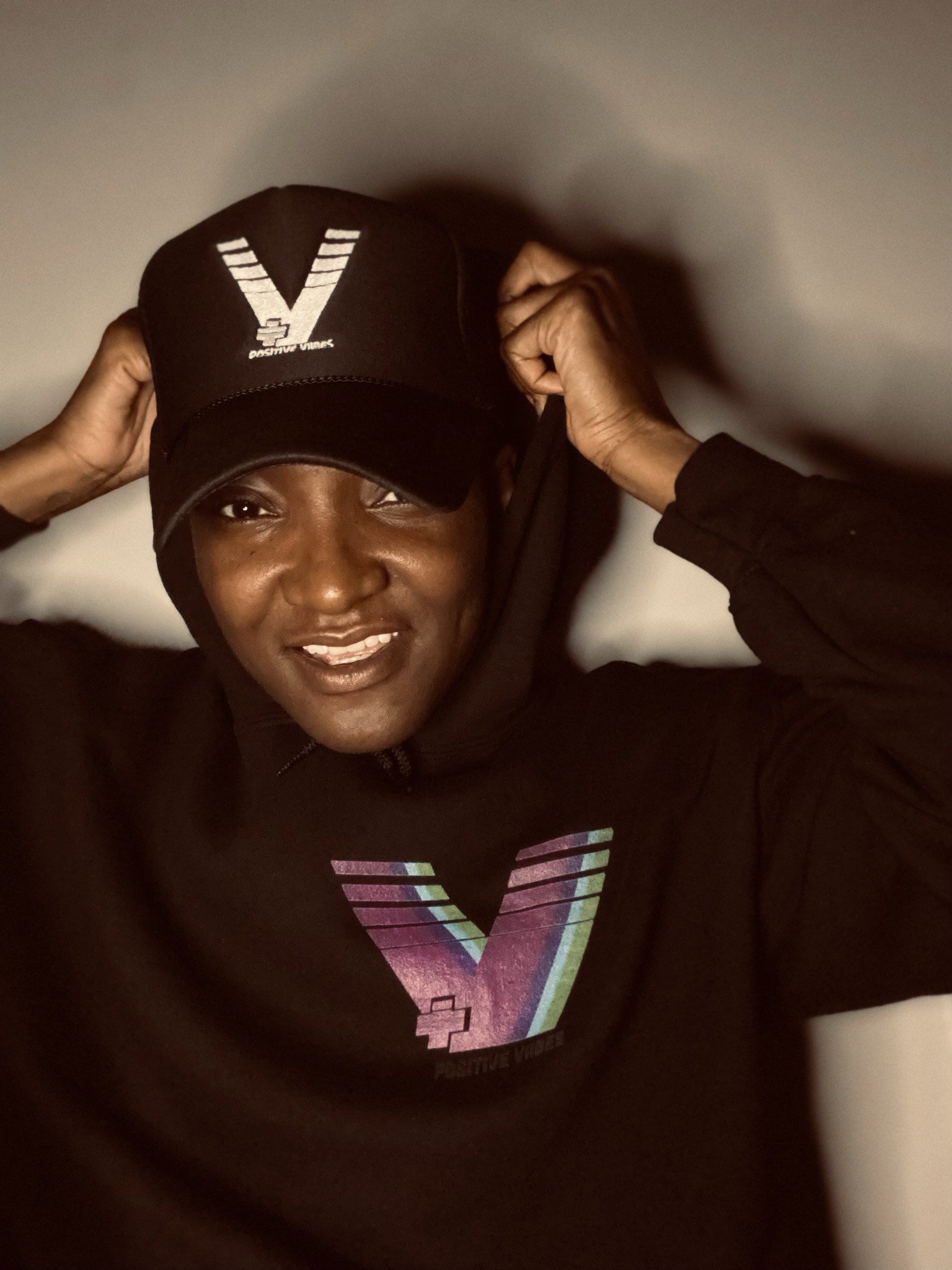In 2024, Columbia-area high school students were invited to participate in “My Street, My Story: Celebrating History and Community through Youth Expression,” a visual and literary arts contest created by the USC Center for Civil Rights History and Research. Inspired by the Center’s exhibition, Intersection on Main Street: African American Life in Columbia, in the Columbia Museum of Art’s Our Story Matters gallery, students were encouraged to use their preferred methods of artistic or written expression to create a body of work drawing connections from the stories of community and resilience of the Historic Black Business District in Columbia to their own present-day experiences in their community.
The Jasper Project’s executive director, Cindi Boiter, was asked to serve as an adjudicator of the creative non-fiction portion of the competition and subsequently offered to further promote the participants in the project by publishing the winning poems in Jasper Online.
Winnings student poets include first place winner Alana Hills, who is a 9th grader at Richland Northeast High School; second place winner, Maelyn Carter, an 11th grader also at Richland Northeast; and third place winner, La’Cora Howell, an 11th grader at Ridge View High School.
Congratulations to all three winners whose works are published below. And be sure to pick up a copy of the spring 2025 issue of Jasper Magazine (May 2025) where you’ll find Alana Hills’ poem in print!
Sarah Mae Flemming
by Alana Hills
In the quiet of the South, where the roads were long, Sarah Mae Flemming
Stood strong, where others felt wrong.
A woman of courage, though her name not yet known,
She fought for her rights, and she stood all alone.
In the year of ‘54, the city of Columbia’s heat, she took a seat where
The world would meet.
On the bus, in the back where the rules did not bend,
But Sarah Mae’s heart said, “This must end.”
She was no Rosa, yet her spark lit the fire,
A young woman’s act, a fierce, quiet desire.
Before the marches, the protests, the chains breaking free,
She challenged the laws with quiet dignity.
Her name, though less famous, was no less bold,
For Sarah Mae Flemming was part of the story untold.
She planted a seed, one not yet in full bloom,
That would later explode in the fight for room.
To sit where she wished, to stand on her feet,
Her quiet rebellion, her victory so sweet.
A life of resistance, a spark in the night.
Sarah Mae Flemming – a champion for right.
Alayna Hills is a ninth grader at Richland Northeast High school who is enrolled in both full-credit and half-credit classes with the goal of graduating early and attending college. “I want my poetry to be discovered so that I can be recognized for my writing abilities and so college professors will possibly acknowledge my work,” she says. “I have big goals, and I hope that my writing helps me reach them.”
~~~~~
Black Woman Extraordinaire
by Maelyn Carter
Black Woman Extraordinaire
mess with her, don't you even dare.
Always willing to give those she loves her ALL because she cares.
Delicate as an exotic jewel or stone…She’s oh so rare.
Wearing her Sunday-go-to meeting hat with oh so much flair.
She and Grandpa James Oh what a couple! What a pair!
And a powerful love is what they shared.
She’s seen so much pain and loss almost too much to bare.
When she walks into the room with all of her century plus poise and grace they all stare.
All those years still walking in her light yet she doesn't boast or put on any airs.
So fine and classy No one can compare.
She has experienced many of her years on this earth fighting discrimination, racism, oppression,
some say beyond repair.
All of it so unfair.
She says to me “Chile wear your Full Armor of God and always prepare.
Grandma says live right and I declare, you will make it to the other side over there!
Where there is no pain, no suffering or despair.
Grandma says but you better beware because the devil is always trying to scare,
catch you in a snare and your salvation he will not spare
Grandma says always be aware trust in the Lord and Stay in prayer.
She doesn't have much but her knowledge and wisdom makes her a billionaire.
The best moments are sitting at her feet in her favorite old chair while she combs my hair.
Grandma says if you don't know your past you ain't going nowhere!
My great grandma 101 yah that's her Black Woman Extraordinaire!
Maelyn Imani Carter is an 11th grade student a Richland Northeast High School. For Maelyn, writing poetry is a way to express herself, inspire, and share her view of the world. She has published Compilations by Maelyn, which features twelve of her most powerful pieces. Maelyn has received several awards for her community outreach initiatives. She most recently was named the Lovis 2024 award recipient, an award given to student who make a major difference in their community. She has also recently performed at the Soda City Poetry Festival and has recited her poems in many venues throughout the state.
~~~~~
She
by La’Cora Howell
Sometimes, I just wanna escape. I just wanna get away from all my problems. Maybe I should. Just go. Drop it all and leave this world. I don’t fit in here. Not this city, not this town. Not here. Maybe on a different planet, my mistakes didn’t form a target on my back, or maybe I wouldn’t be an outcast. Maybe, if I was somewhere else, people wouldn’t judge every expression my face makes without control. My size, my face, my hair, my clothes, my skin.
Why hate? Why bother the unspoken? AM I fresh, new bait luring through the deep? Am I unwrapped? Unused? I’m choking. Am I dying? With only a part of me slowly at part. She’s exquisite. She's fearless. She's kind and successful in many ways. She's noteworthy and genuine. She wants to grow. She's ready to lead the way. I am tired. I'm tired of the deluge and weight of everything and everyone controlling how I feel and what I want and do and say and like and my whole entire existence, and i just want to wrap it all up and shove it in a tight little box and throw it off a bridge into a never ending river of pessimistic things and energy and let it all go. Drown. Drowning under the weight of everything everyone predicts and foretells on my life. I can feel their words shove their way through my throat and up my nose and in my ears, fiercely flooding my body, soon taking me under and suddenly, I get pulled out.
Why? Who would save me? I was almost ready to endorse this death. Ready to give up, and let my problems take my life. There he tells me; this isn't worth it. He speaks life back into my soul. He lifts me back up out of this flood and puts me on my feet. Just by his presence I could tell who he was. He holds my hand as he walks me to my proclamation. He shows me what I am and what's worth living and who needs me, so they don't get dragged down, just as I did. He showed me my real sympathy. He is God, my father, and then “she” was brimful. She was a free spirit and was ready to take control. She was whole.
La’Cora Howell, a 9th Grader from Ridge View High School, was inspired to write this piece by some of the experiences and hardships she has overcome “unblemished.” La”Cora says, “I have a true connection and truth with this poem, and I hope people going through similar things as I once did, and honestly still am, take this poem as inspiration.”


